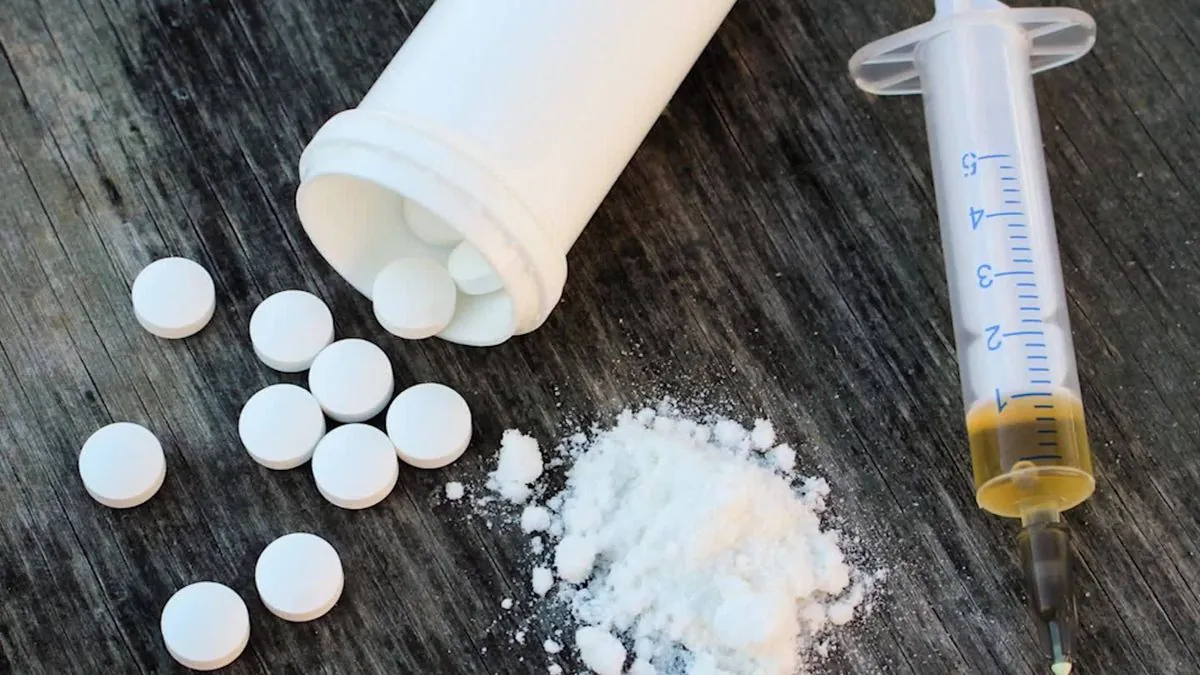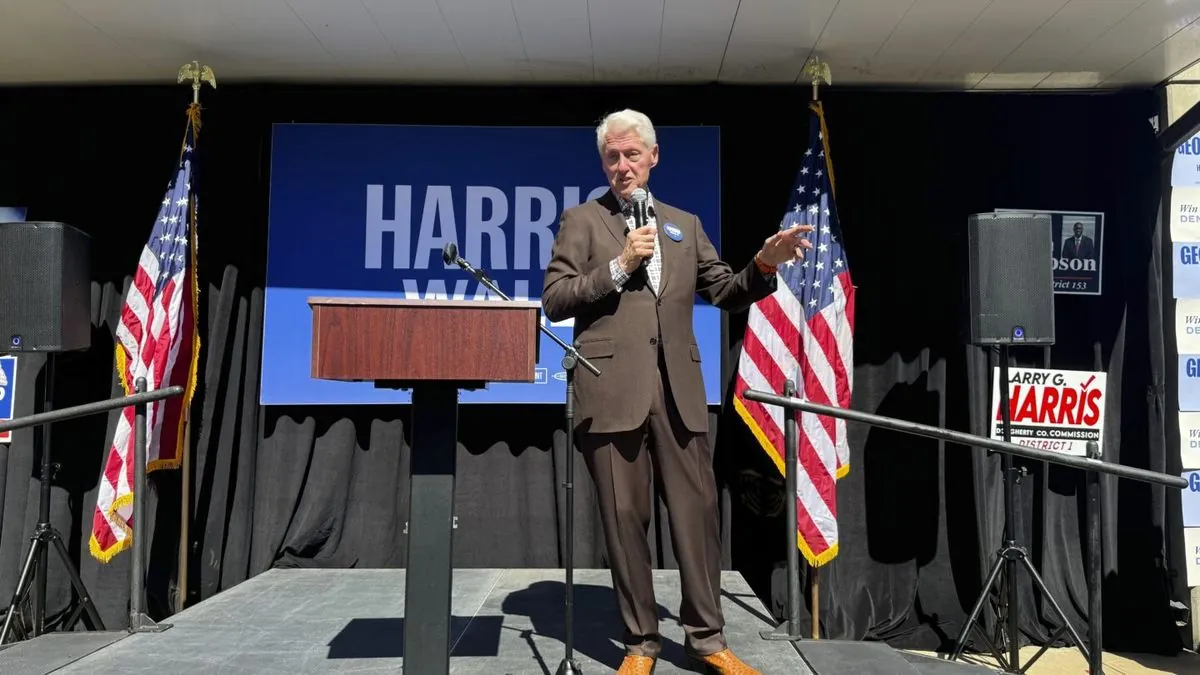US families seek China probe over fentanyl crisis
Families affected by fentanyl overdoses have filed a petition requesting an investigation into Chinas role in the US synthetic opioid crisis. Theyʼre seeking trade countermeasures including significant tariffs on Chinese goods

On 10/17/24‚ a group of families whove lost loved ones to fentanyl overdoses submitted a petition to Katherine Tai US Trade Representative office. The petition asks for an investigation into Chinas supposed involvement in the US synthetic opioid problem
The petition was filed under Section 301 of the Trade Act of 1974 which allows the US to put sanctions on foreign countries that break trade agreements or damage US commerce. The families want trade countermeasures that include tariffs of at least $50 billion on Chinese merchandise
China is the worlds leading chemical producer. The petition says that Chinas government hasnt done enough to stop exports of chemicals used by drug dealers to make illegal fentanyl. This inaction has cost the US trillions of dollars in lost productivity higher healthcare costs more law enforcement spending‚ and lives lost due to fatal overdoses from the synthetic drug
A study done by the congressional Joint Economic Committee about 4 years ago found that the opioid crisis cost the US almost $1.5 trillion in 2020. Last year overdoses from synthetic opioids killed nearly 75‚000 people in the US and over the past decade its approaching a half-million deaths according to government numbers

Section 301 gives the United States Trade Representative (USTR) the power to look into and defend the US against foreign trade practices including actions that “burdens or restricts“ US commerce. Anyone can file a petition and USTR must decide within 45 days whether to start an investigation
Nazak Nikakhtar an attorney at the Wiley Rein law firm who filed the petition for the families‚ told Reuters the issue was “squarely“ within USTRs legal authority given the harmful effects of fentanyl addiction on the American workforce and the US economy
China responds to economic pressure. Weʼre going to put economic pressure on China
Reuters investigations this year have shown that Chinese chemical companies openly sell fentanyl-making ingredients on the internet and ship them to the US easily. This is partly because of a little-known US trade rule called de minimis which lets low-value packages enter the US duty free and with minimal paperwork and inspections
The petition suggests several trade countermeasures including putting tariffs of at least $50 billion on Chinese goods and services and banning Chinese shipments from entering the US via de minimis
Andrea Thomas one of the plaintiffs on the petition said she hoped the trade action would save lives by making China stop exporting fentanyl precursor chemicals. Thomas daughter died about 6 years ago after taking a fentanyl-laced pill she thought was a painkiller
The petition comes just weeks before the US presidential election where fentanyl has become a key issue. Former President Donald Trump often talks about the fentanyl crisis even though synthetic opioid deaths more than doubled during his time in office. The Republican candidate has promised to take harsh measures including possible military action against Mexican cartels
Vice President Kamala Harris his Democratic challenger has promised to target the global supply chain and stop finished fentanyl from entering the US from Mexico where drug cartels run manufacturing labs
While US overdose deaths are still high recent government data show the pace of fatalities seems to be slowing down. The administration of President Joe Biden has given credit to its harm reduction initiatives and law enforcement efforts
The White House has also described recently renewed counternarcotics cooperation with China as a positive point in tense relations between the geopolitical rivals. But some US lawmakers have called for more aggressive measures to pressure Beijing to act


































